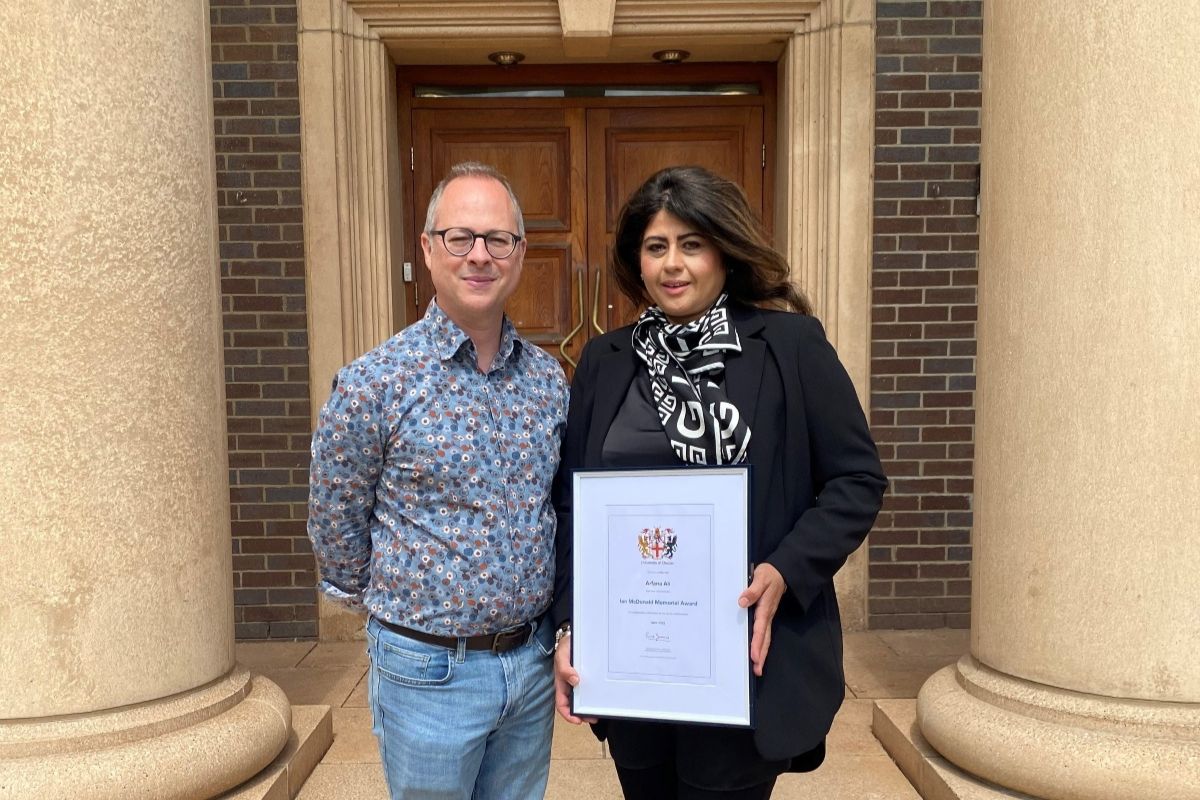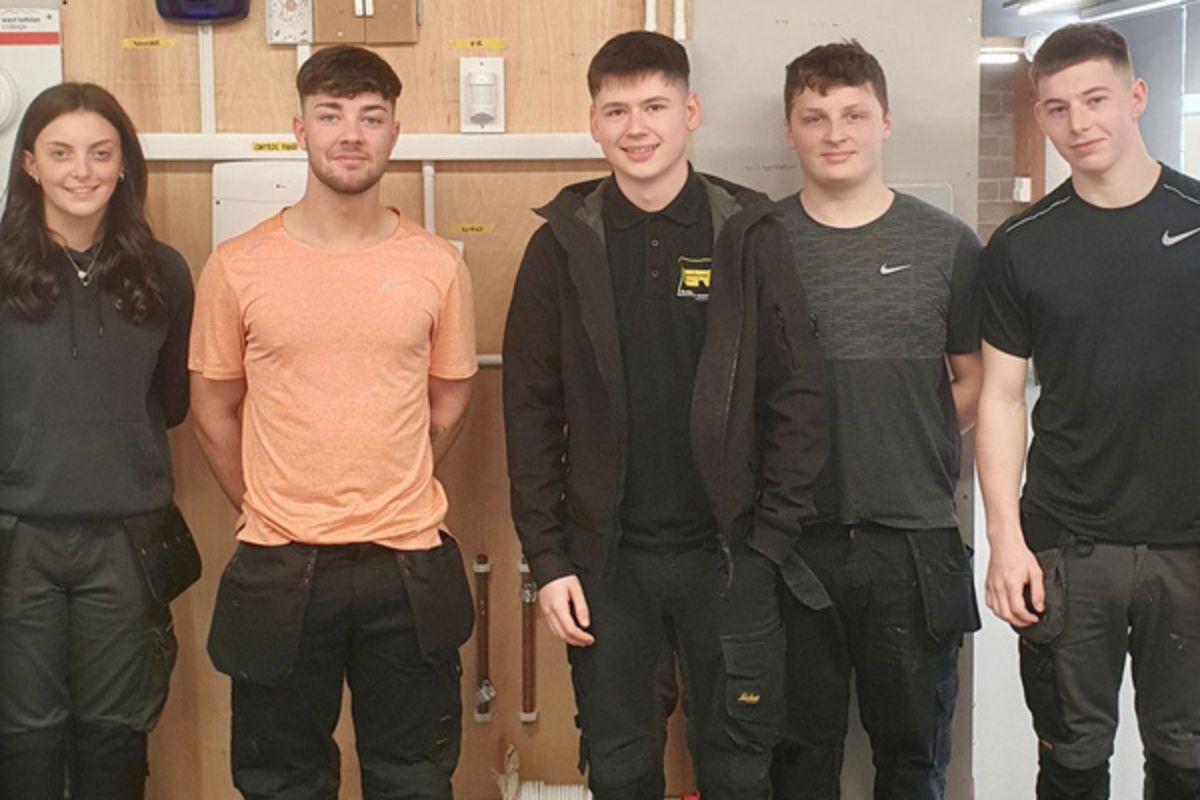Condition Data Collection 2 (CDC2) programme

Find out about the CDC2 programme and when preliminary meetings and school site visits will take place.
Overview
From 2021 to 2026 the Department for Education’s (DfE’s) Condition Data Collection 2 (CDC2) programme will visit every government-funded school and further education (FE) college in England to collect data about the condition of their buildings. This data will provide a comprehensive picture of the condition of the school and FE college estate in England.
CDC2 programme guide
CDC2 programme guide
PDF, 309KB, 35 pages
This document is for schools, responsible bodies and anyone interested in the CDC2 programme. It explains how CDC2 will be delivered over the next 5 years. Separate guidance will be published for FE colleges.
Purpose
CDC2 will help:
- provide DfE with an up-to-date evidence base which will:
- inform future condition funding allocations
- help prioritise investment in the school estate to where it is most needed
- identify school buildings for inclusion in rebuilding programmes.
- responsible bodies (and their schools) benefit from capital allocations based on a consistent assessment across key elements of condition need
- DfE target aggregated funding allocation at responsible body level
Benefits
CDC2 will help schools and responsible bodies:
- contribute to a broader view of condition need at a school
- highlight condition issues which need attention or further investigation
- provide a view of roof condition which is not normally seen
- provide good photographic evidence of condition issues
- support bids for condition funding – for example, Condition Improvement Fund
- highlight a lack of required building compliance and management documentation at a school
Limitations
On its own, CDC2 data is not suitable for local asset management purposes. This is because it:
- is not invasive (only visible condition is inspected)
- is not structural (critical structural repairs may not be identified)
- does not report on hazardous materials (principally asbestos)
- does not address critical health and safety requirements such as fire and intruder alarm functionality (although major health and safety issues observed by surveyors will be reported directly to the school)
- does not take into account building use or capacity
- does not provide descriptions of defects and remedies or cost information for schools or responsible bodies
List of confirmed and scheduled school site visits
Confirmed pilot, tranche 1 and tranche 2 list: CDC2 programme (MS Excel Spreadsheet, 200KB)
Full provisional tranche list: CDC2 programme (MS Excel Spreadsheet, 1.11MB)
These documents have been provided for schools, local authorities, academy trusts and dioceses, and include the school name, unique reference number (URN) and the tranche to which a school has been allocated.
The ‘Confirmed pilot, tranche 1 and tranche 2 list’ contains details of confirmed school site visits. It will be updated as more provisional tranche dates are confirmed.
The ‘Full provisional tranche list’ was correct at the time of publication and will not be updated. It has been provided to allow stakeholders to plan for their school visits throughout the programme.
| Tranche | Date | Status of list |
|---|---|---|
| Pilot | December 2020 to January 2021 | Confirmed, 7 December 2020 |
| 1 | February 2021 to July 2021 | Confirmed, 7 December 2020 |
| 2 | August 2021 to January 2022 | Confirmed, 7 December 2020 |
| 3 | February 2022 to July 2022 | Provisional |
| 4 | August 2022 to January 2023 | Provisional |
| 5 | February 2023 to July 2023 | Provisional |
| 6 | August 2023 to January 2024 | Provisional |
| 7 | February 2024 to July 2024 | Provisional |
| 8 | August 2024 to January 2025 | Provisional |
| 9 | February 2025 to July 2025 | Provisional |
Organisations involved in CDC2
- Arcadis – technical quality manager
- Aecom – surveying organisation
- Faithful + Gould – surveying organisation
- Rider Levett Bucknall – surveying organisation
- Accruent – IT supplier
Published 7 December 2020
Last updated 26 March 2021 + show all updates
-
Added ‘CDC2 full programme guide’ document. Added information about the purpose, benefits and limitations of the programme.
-
Added ‘List of provisional school site visits’.
-
First published.












Responses